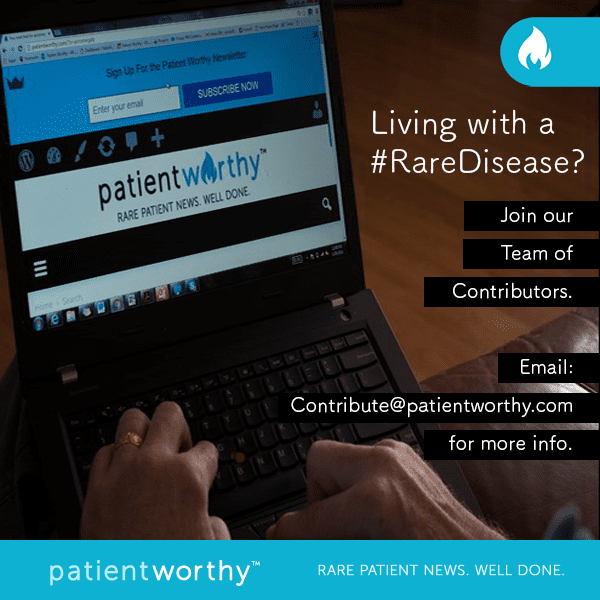If you are living with narcolepsy, no one knows better than you, that your life is not normal.
Narcolepsy might be the answer to those individuals who are suffering from sleep deprivation, but it’s not a walk in the park. If you or someone you know has narcolepsy, you know first-hand what to expect.
But what about children experiencing symptoms of narcolepsy for the first time?
There your child is, sitting in class, and all of sudden the teacher is in her face, waiting for her answer to a question. It’s not that she wasn’t paying attention. It was more like her mind had shut down, and went on vacation. Now the entire class is staring at her, and she feels embarrassed.
When she gets home from school, you already know what happened to her because her teacher left a voicemail for you. This is not the first time something like this has happened. The doctors have already ruled out ADD and ADHD.
Your little girl is struggling to stay awake in school. She is never well rested. You decide it is time to talk to her doctor about narcolepsy.
Perhaps the diagnosis comes quickly. Perhaps it does not. Either way, your job as a parent of a child with a serious chronic, incurable condition just got harder.
Parents fight every day to help their children understand and recognize the symptoms of narcolepsy. So many times, teachers accuse students of napping in class, not paying attention or goofing off. Parents often have similar complaints at home, not realizing the true cause. For younger children the symptoms are obvious. They sleep at school, and continue the cycle when they get home.
For a child that’s active, this should raise some concerns. It’s true, teachers are not doctors, and neither are most parents. Unless, parents implement some type of intervention, their children will grow up angry, frustrated and misdiagnosed. Narcolepsy is not a rare disease. It is an under diagnosed chronic condition.
Although, a few life changes are necessary, diagnosed patients can work with their doctor’s to find a treatment plan that works for them. The journey to diagnosis though can be challenging, especially with young children.
Children are a lot smarter than parents give them credit for.
The simplest way to explain to children about their disorder is to explain it to them in laymen terms. Even the younger children can relate to being sleepy most of the time, even when they have not played outside with their friends, or completed their chores. Parents can explain their condition in a way that children can easily understand, and not feel afraid. Parents have a way of making any illness sound less frightening.
As of now, there is no cure for narcolepsy, but doctors can provide a three-part plan.
- Medication
- Education
- Behavioral Modification
Through medication, education and behavioral modification, children with narcolepsy can grow to live a near normal life. The challenge is enabling children to understand their illness. The sooner the better! Children then are able to assist with a treatment and management plan to improve their overall health.
Do you know an incredible youngster recently diagnosed or battling a rare disease? Are you a #RareMom or #RareDad figuring out how to teach your child about their rare disease? @PatientWorthy to tell us all about them!



